Project partners
Flemish ministry of Education and Training
Université Paris 1 Panthéon Sorbonne
Paris 1 was responsible for the overall coordination, in particular the financial and administrative management of the project. They were responsible for maintaining and monitoring project plans, organizing consortium and steering committee meetings, and documenting and following up on important actions and decisions.
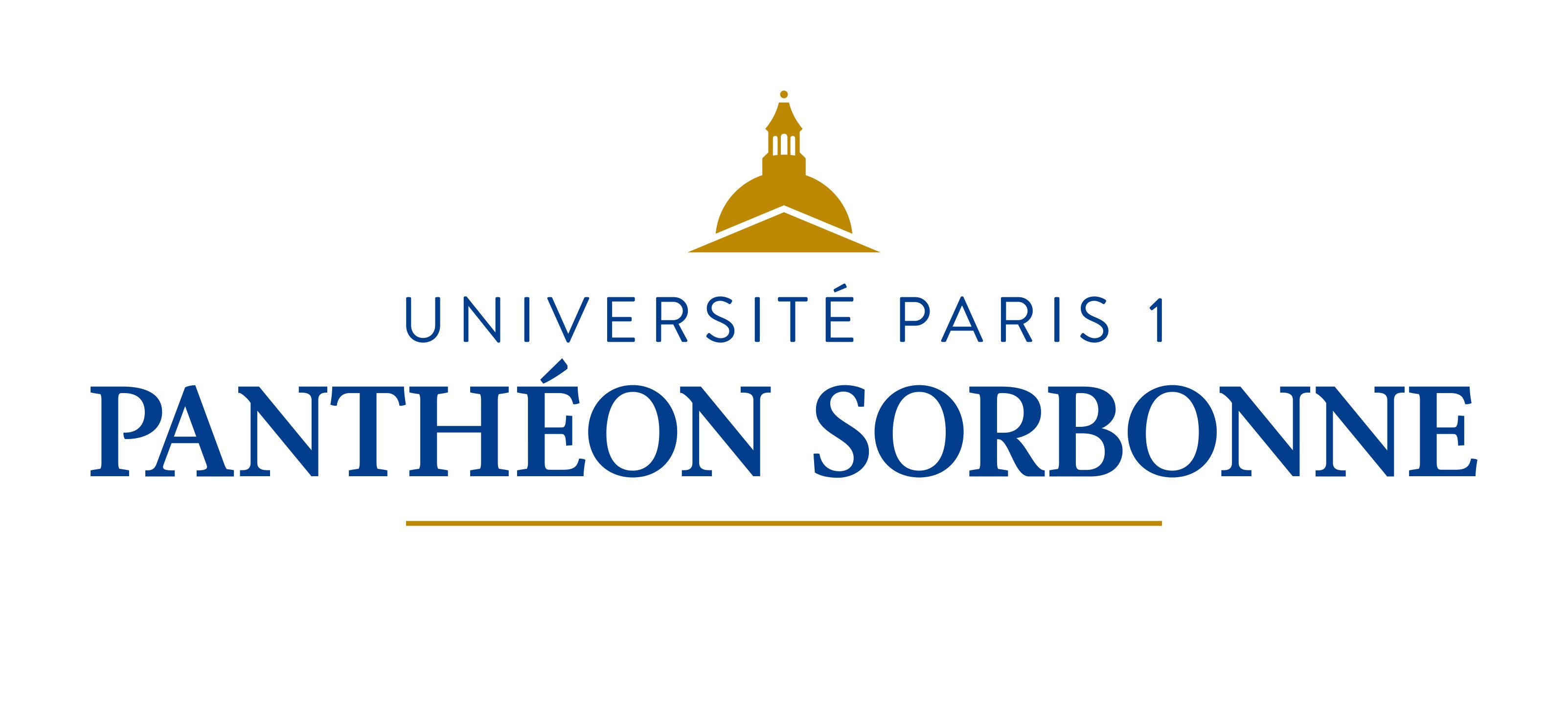
Katholieke Universiteit Leuven (KU Leuven)
Links were created between the BLOOM hub and KU Leuven’s digital infrastructure. KU Leuven tested the BLOOM hub to see how the hub can support the development of new activities within the UNA Europa alliance.
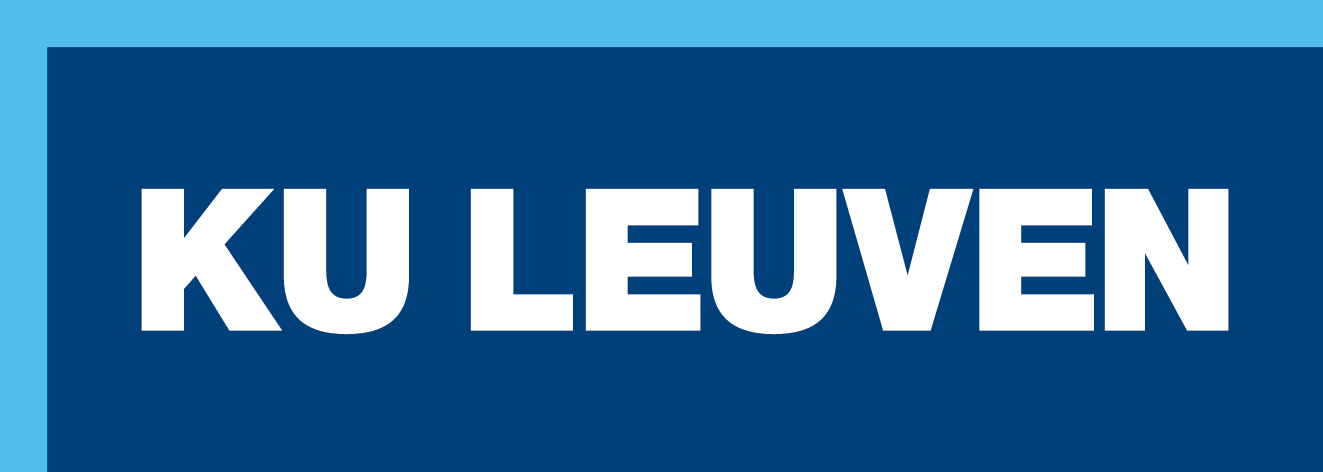
German Academic Exchange Service (DAAD)
On behalf of the Federal Ministry of Education and Research (BMBF), the German Academic Exchange Service (DAAD) led the Policy Cluster, consisting of 6 Ministries of Higher Education and the Erasmus Student Network. DAAD’s main responsibility was the coordination of the OpenU Policy Dialogue, which includes the organisation of six high-level authorities’ meetings - one in each of the Ministries’ countries - and the provision of public webinars on current developments in the field of digital higher education on the European level. The formulation of policy recommendations for national and European policy levels supports the project’s aim of evidence-based policy making.
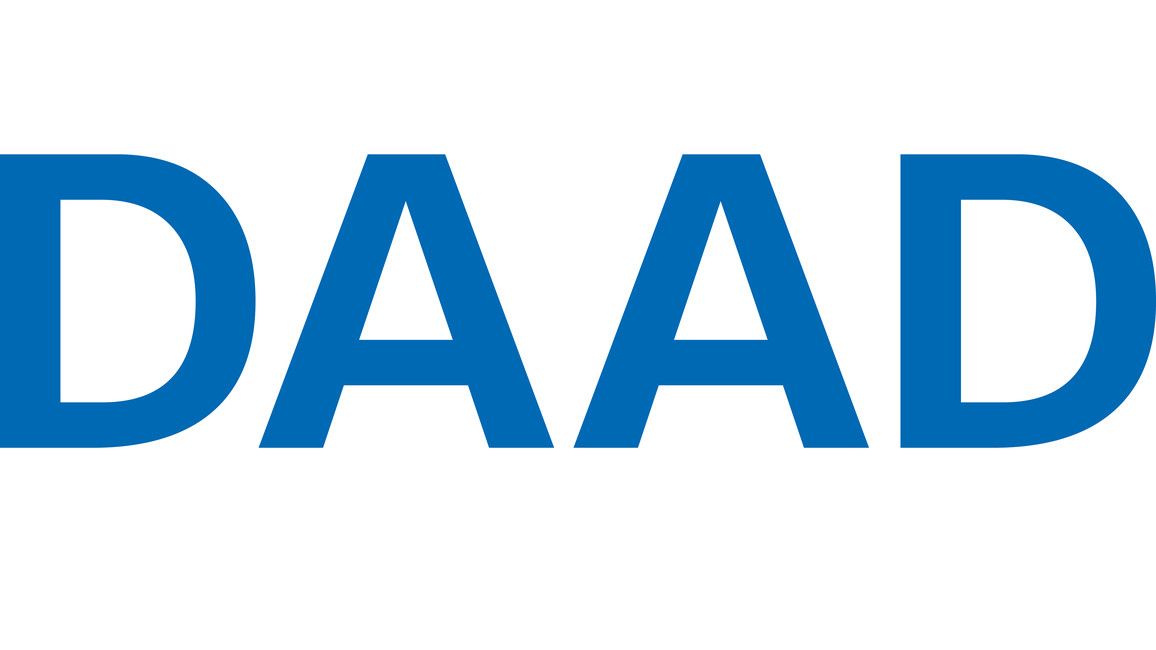
Federal Ministry of Education and Research (BMBF)
As partner in the Policy Cluster, the German Federal Ministry of Education and Research (BMBF) contributed to the Policy Dialogue by offering their national perspective and expertise in the field of digitalisation in higher education. They provided links to relevant national initiatives and German higher education institutions. Together with the other partners in the Policy Cluster, BMBF’s main responsibility was to monitor the development of the BLOOM hub and to formulate recommendations on its implementation.
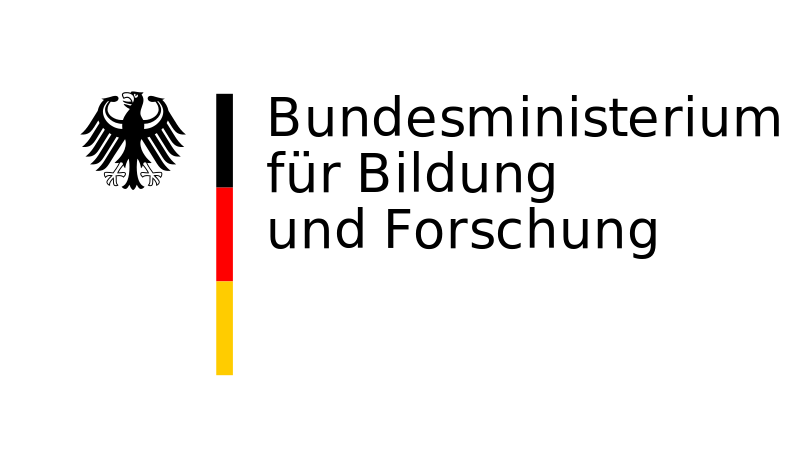
Freie Universität Berlin (FUB)
Freie Universität Berlin was responsible for the coordination of the implementation cluster of the consortium. It executed the development of the hub and was also involved in applying the online hub as well as its functionalities and methodologies in the development of close-knit cooperation activities and enable the analysis of their impact.
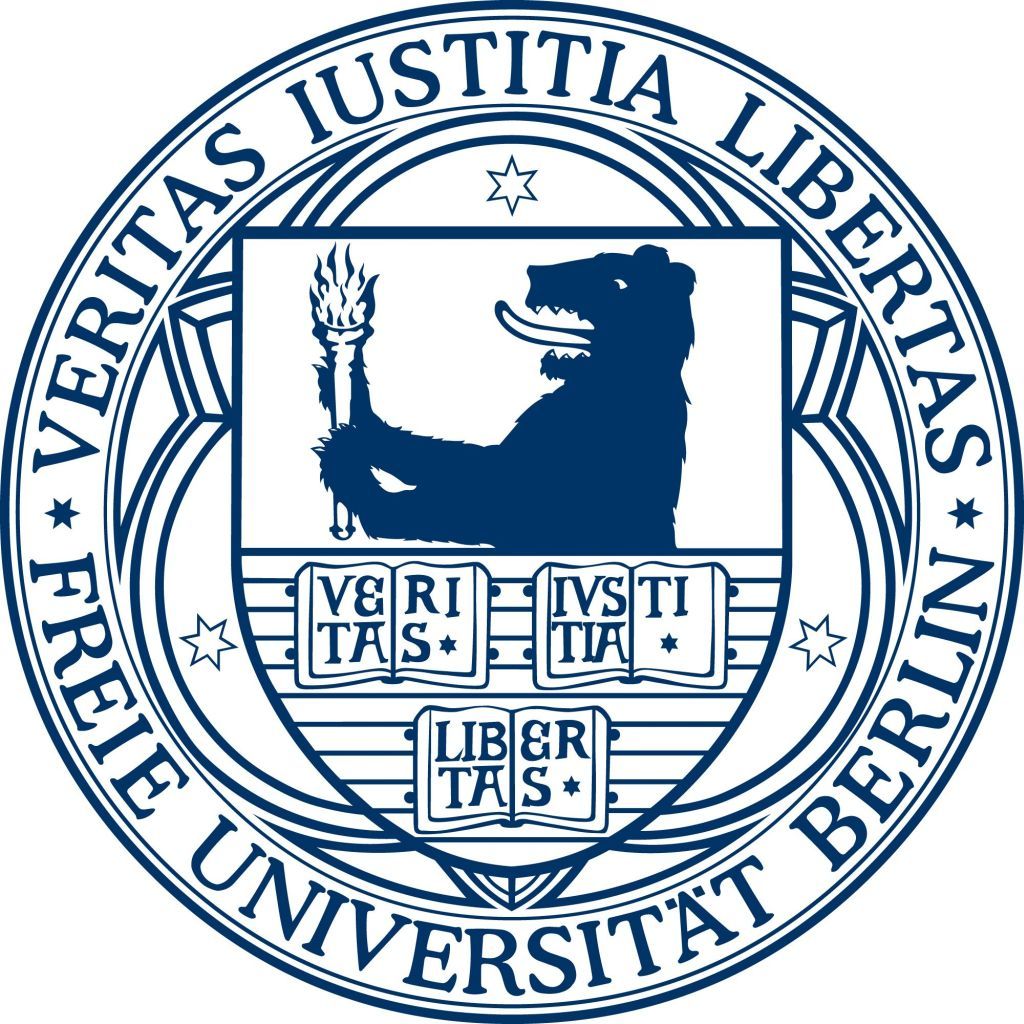
Universität Potsdam
The University of Potsdam had the role of the evaluator of the field trials and therefore led the evaluation work package for the implementation of the hub and the activities conducted in the experimentation cluster. The researchers designed and carried out the evaluation protocol and derived input for the policy recommendations from this.
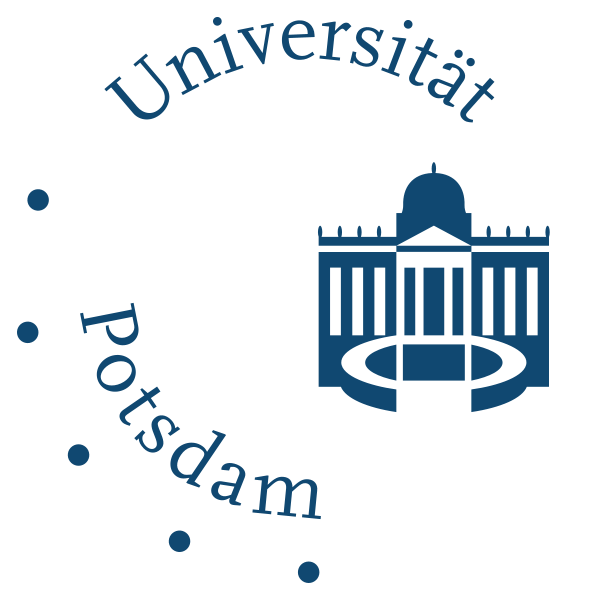
Ministry of science, innovation and universities
The Spanish Ministry of Science and Innovation contributed to the discussion, and defined what may be expected from openU, the outputs relating to national and European policies and stakeholders. In addition, the ministry served as a link between other national projects in the field of digital higher education, as well as to Spaninsh HEIs. The ministry also supported disseminating the results of the project to a wide and diverse range of stakeholders and interested parties.

Universidad Complutense de Madrid (UCM)
The UCM mainly contributed by creating the links between OpenU and their HEI specific digital infrastructure. They also experimented with the hub and test how the hub contributes to the development of activities within a reinforced network of 6 universities.
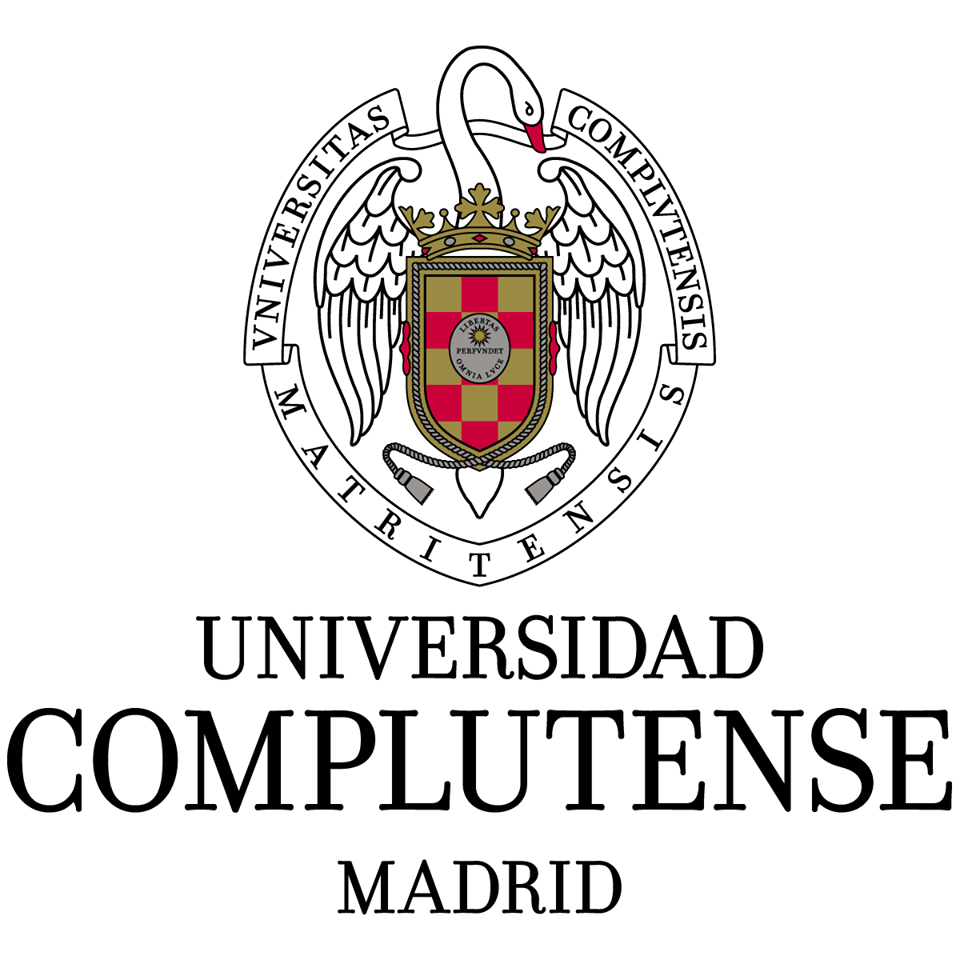
Universidad Politécnica de Madrid (UPM)
UPM mainly contributed to testing how the hub contributes to the development of activities within a reinforced network of 4 universities, following a research based approach and focusing on inter-university activities in line with the Priority Actions for the Open-U project.
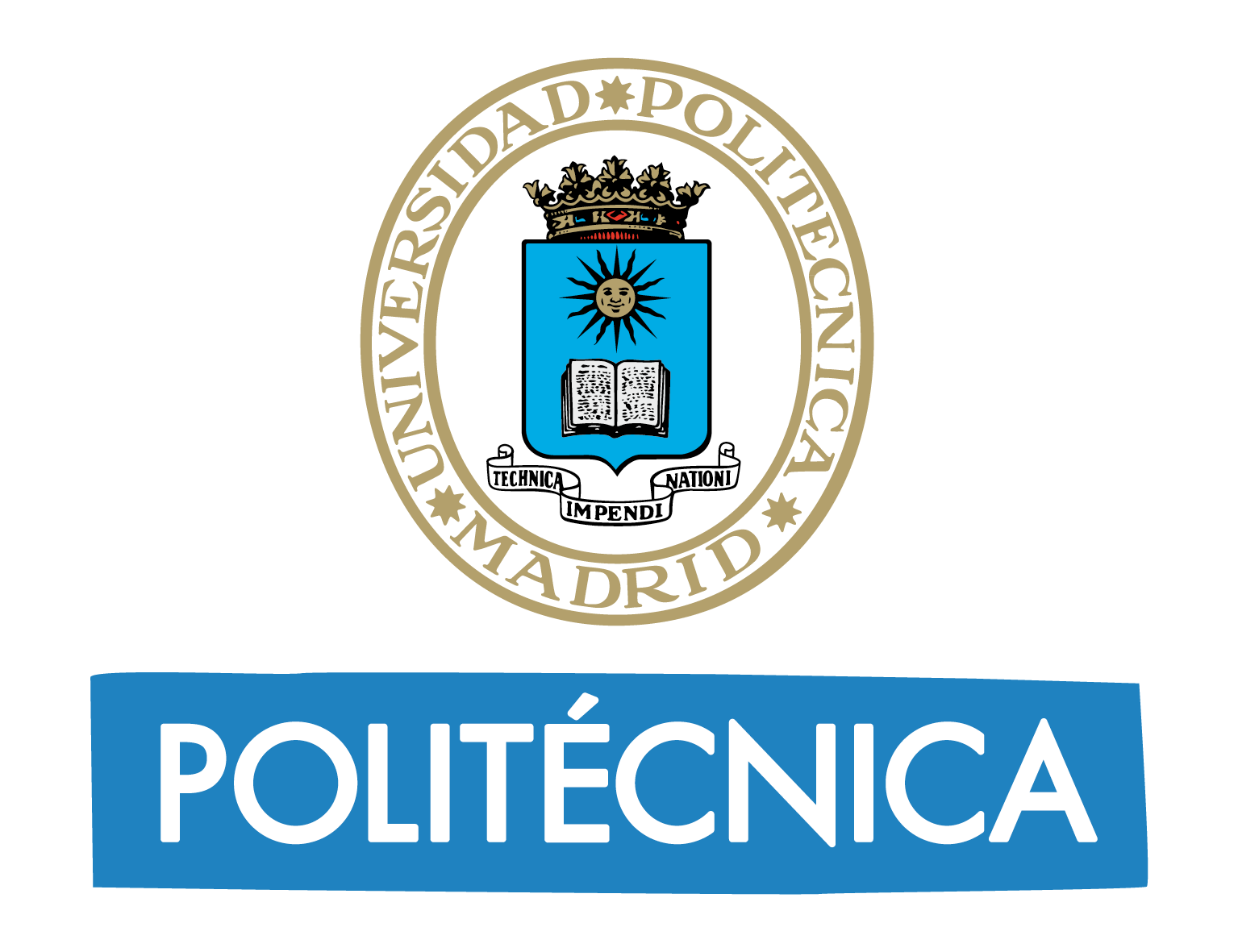
Ministère de l'Enseignement supérieur, de la recherche et de l'Innovation (MESRI)
MESRI contributed to the discussion, and defined what could be expected from OpenU, the outputs relating to national and European policies and stakeholders. In addition, the ministry served as a link between other national projects in the field of digital higher education, as well as to French HEIs.
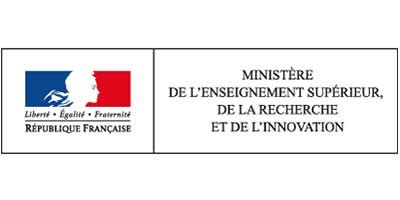
Université de Rennes 1 (UR1)
Together with the Université Paris 1 Panthéon Sorbonne, Université de Rennes 1 was the co-leader of the experimentation cluster of the consortium. UR1 coordinated the cluster and tested how the hub could contribute to the development of activities within a reinforced network of 4 universities, following a research-based approach and focusing on interuniversity activities in the line with the Priority Actions of the OpenU project.
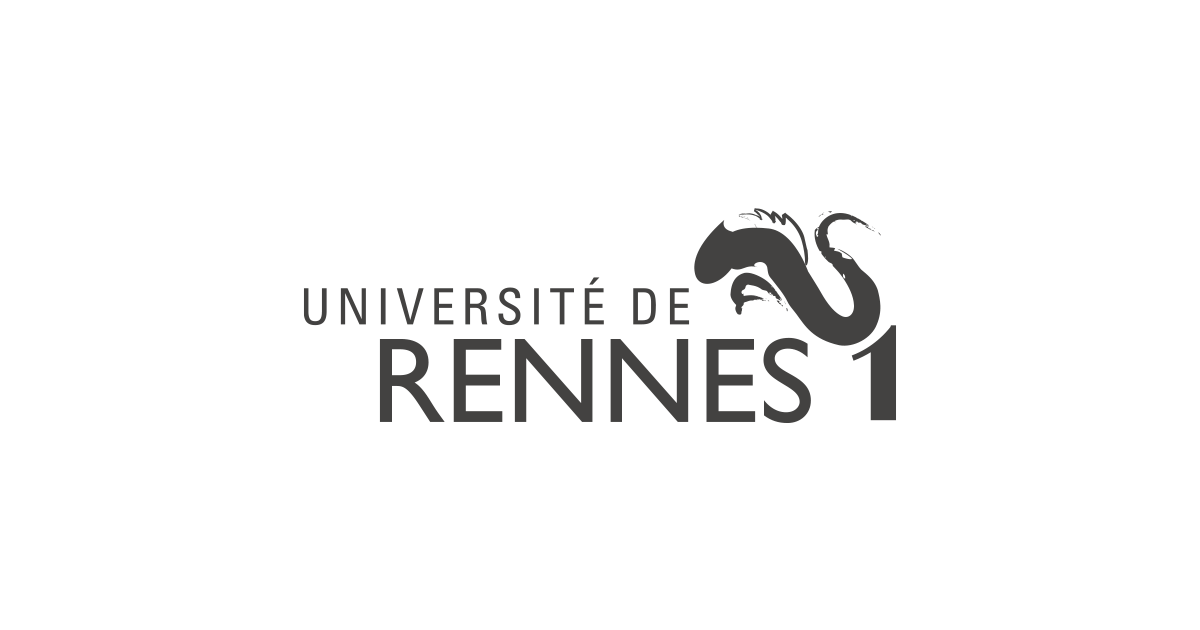
University of Bologna
Alma Mater Studiorum - Università di Bologna, as a HEI partner, contributed to OpenU by creating the links between the BLOOM platform and its own digital infrastructure. Moreover, it participated in the experimentation of the hub by sharing developments and activities to enhance the collaboration within the UNA Europa network. Among the foreseen actions, this university was willing to explore the possibility to develop a living lab for students.
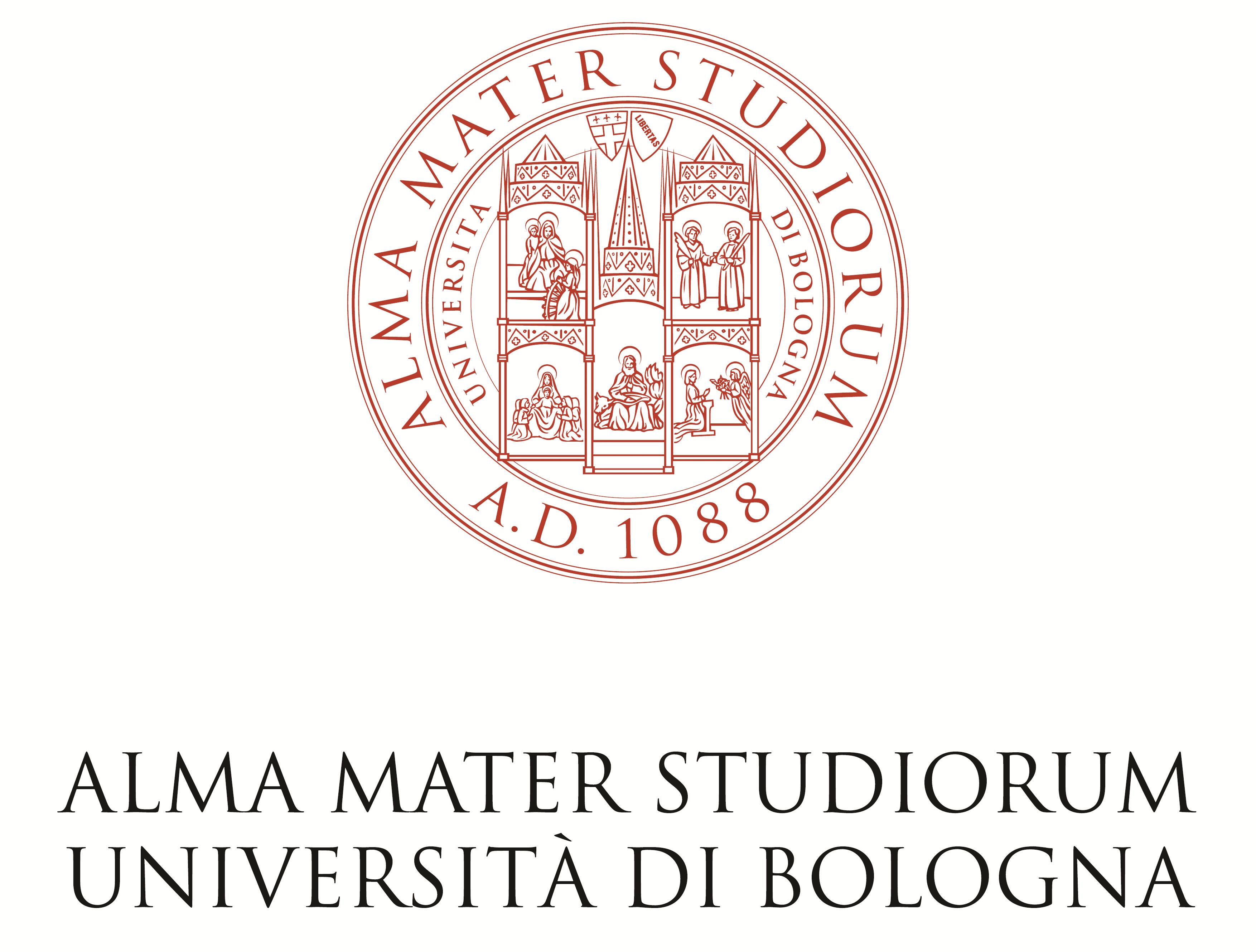
UniTrento
UniTrento mainly contributed to testing how the hub will contribute to the development of activities within a reinforced network of 4 universities, following a research based approach and focusing on inter-university activities in line with the Priority Actions for the Open-U project.

The Ministry of Education and Science (Latvia)
The Ministry's main role was in the Policy Cluster where it was contributing to the discussion, and defined what could be expected from openU, the outputs relating to national and European policies and stakeholders.
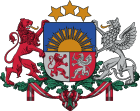
European Association of Distance Teaching Universities (EADTU)
The EADTU was in charge of coordinating the dissemination cluster of the consortium as they operated the overall dissemination strategy and executed communication activities. They were responsible for developing and updating the methodologies and guidelines regarding innovative learning activities to set the basis for the experimentation activities.

Jagiellonian University of Kraków
Jagiellonian University created the links between OpenU and their HEI-specific digital infrastructure and to the experimentation of the hub and tested how the hub contributed to the development of activities and built a good practice repository. Jagellonian University of Krakow also actively contributed to the implementation work package by setting up the portal of the BLOOM hub.
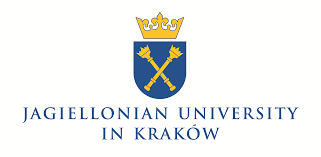
DGES / MCTES
The DGES/MCTES main role was contributing to the discussion, defining what could be expected from OpenU, and the outputs relating to national and European policies and stakeholders. In addition, they acted as a link between other national projects in the field of digital higher education, as well as the Portuguese HEI.
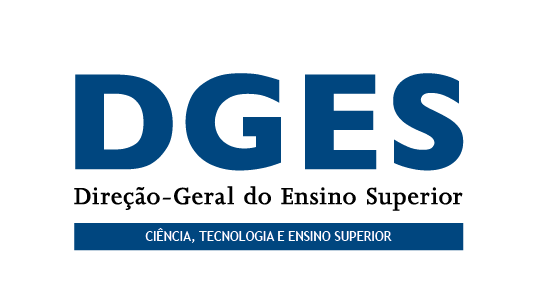
Aalto University
Aalto University mainly contributed to testing how the hub could contribute to the development of activities within a reinforced network of 4 universities, following a research based approach and focusing on inter-university activities in line with the Priority Actions for the Open-U project.
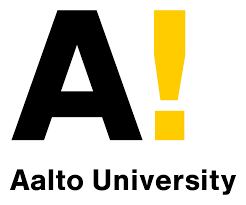
Erasmus Student Network AISBL (ESN)
ESN, as pan-European student organisation, participated mainly in the policy dialogue cluster and contribute insights, expectations and feedback from the student perspective, especially from students interested and experienced in studying abroad in Europe.
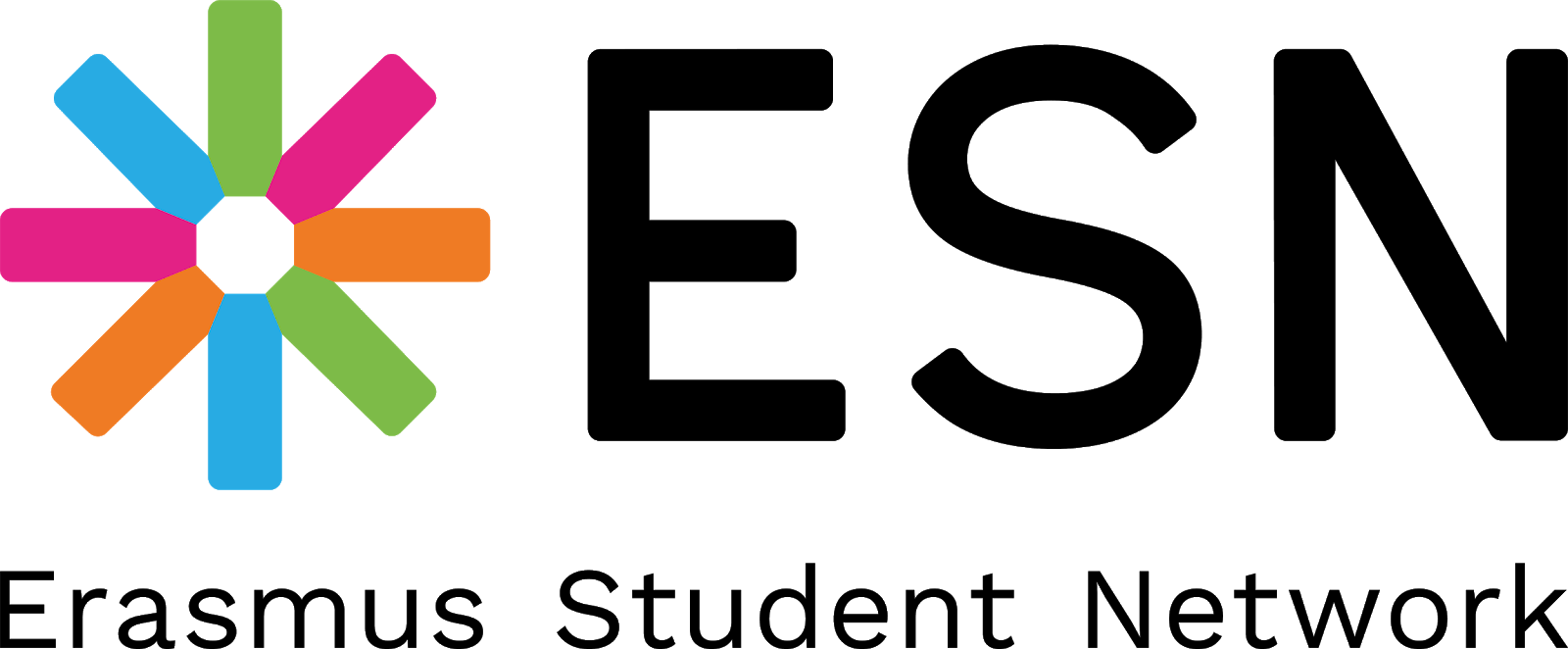
Flemish Ministry of Education and Training
The Ministry's main role was in the Policy Cluster where it contributed to the discussion, and defined what could be expected from openU, the outputs relating to national and European policies and stakeholders.


This project has been funded with support from the European Commission. This website reflects the views only of the author, and the Commission cannot be held responsible for any use which may be made of the information contained therein.
This website is licensed under a Creative Commons Attribution 4.0 International License
Privacy policy EADTU